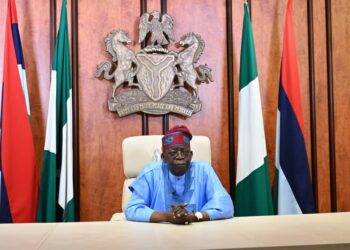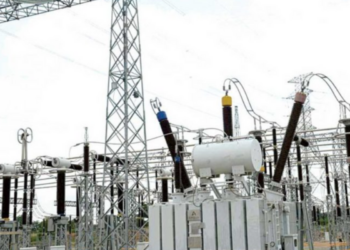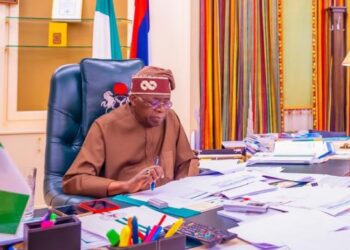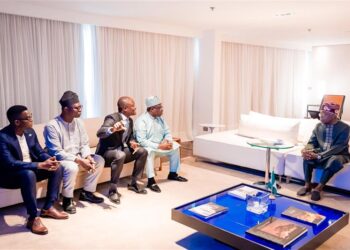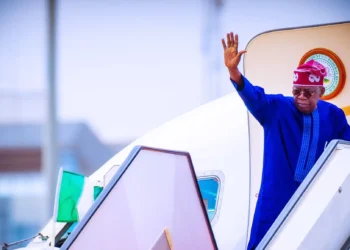President Bola Tinubu has revealed that preliminary analysis has shown that the 11 Electricity Distribution Company (DisCos) are undercapitalized to the tune of N2 trillion.
This was made known by President Tinubu while speaking at the 10th year anniversary of the Nigerian Electricity Supply Industry (NESI) markets participants and stakeholder roundtable in Abuja which focused on privatization.
President Tinubu, who was represented by the Special Adviser on Energy and Power Infrastructure (Office of the Vice President, Mr Sodiq Wanka, noted that the federal government must facilitate the recapitalization process to bring in new partners and capital to jumpstart performance in distribution that is so critical to the entire power sector value chain.
DisCos are undercapitalized
- Tinubu said, “Poor performance must not continue to drag the sector down. All licensees must not only have the technical capacity to deliver on their license but must also have the financial muscles to invest to improve their operations.
- “Preliminary analysis shows that DisCos today, are undercapitalized to the tune of at least N2 trillion. We must facilitate for the reorganization of the sector, the subsector and the recapitalization process that brings new partners and capital to jumpstart performance in this critical sector of the value chain.’’
The President insisted that all licensees must not only have the technical capacity to deliver on their license but must also have the financial muscle to invest and grow their operations.
Governance, operational issues affecting power sector
Tinubu attributed the reasons for the underperformance of the sector in the last decade to governance and operation issues that have bedevilled the sector.
Going further, the president noted that as of the second quarter of 2023, for every kWh of electricity sent to the grid, only 60% of it is paid for.
The president insisted that the present tariff is not cost-reflective, the President that the recent devaluation of naira has worsened the situation.
- He noted: “But as we know, even the tariff paid for that unit of electricity is far from being cost-reflective, especially in light of the recent devaluation of the Naira.”
Tinubu stressed that the sector has suffered from chronic underinvestment, especially in transmission and distribution. Many of the successor utilities of the PHCN, according to him, have failed to meet their performance improvement targets due to technical and financial capacity issues.
He lamented that “We are in a vicious cycle of under-performance and under-investment, and everyone has a different view of which value chain player should be blamed for continued sector malaise.”
Privatization objectives not met
Tinubu described the 10th anniversary as a perfect opportunity to reflect as a sector and as a government on the progress achieved and the challenges faced since the unbundling and privatization of the integrated national utility.
He recalled that the key objectives of the privatization effort were to improve the efficiency of the power sector, unlock private sector investments and unleash the potential of the nation through an energized economy.
The president, however, insisted that the power sector has not met its privatization objectives 10 years later.








